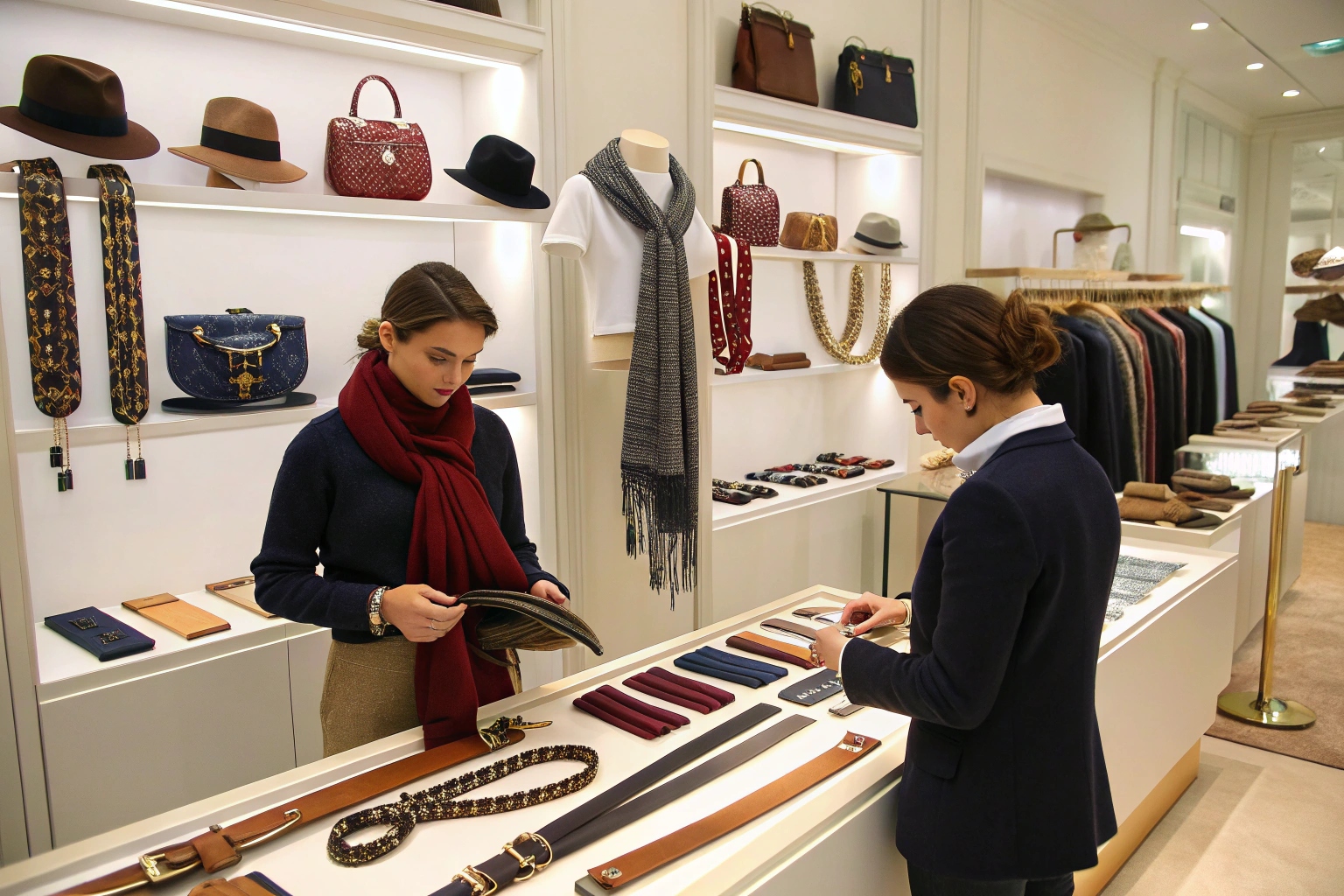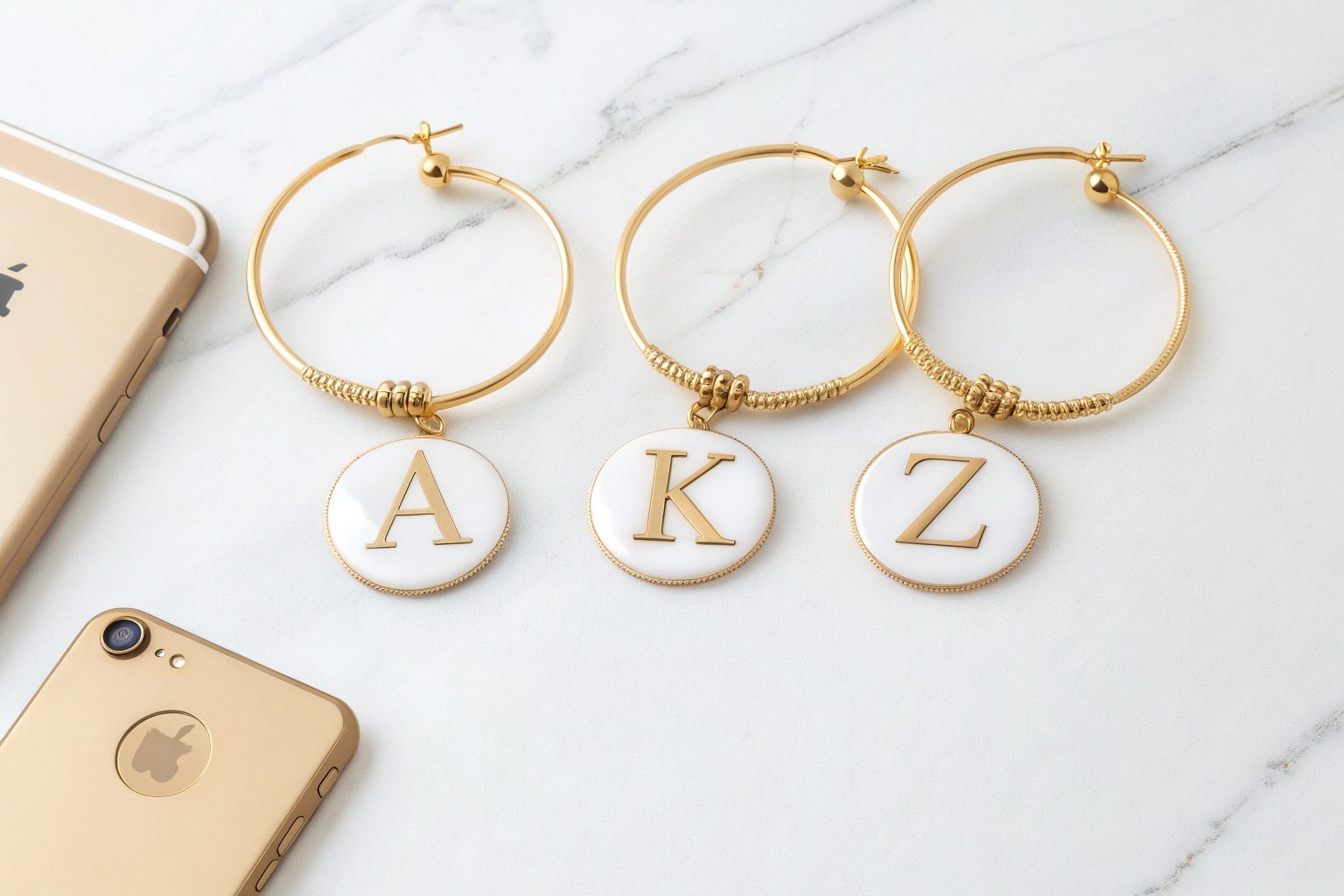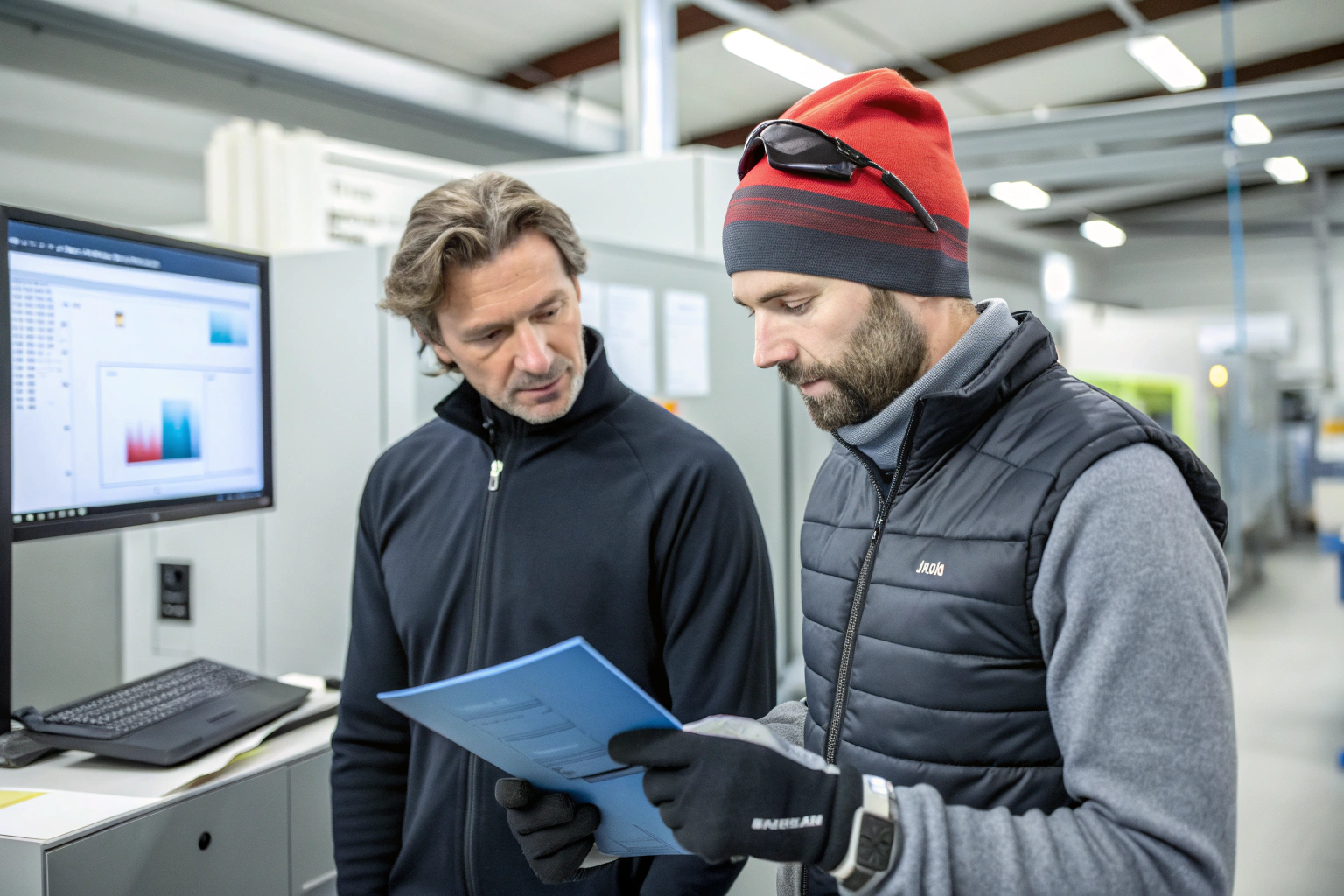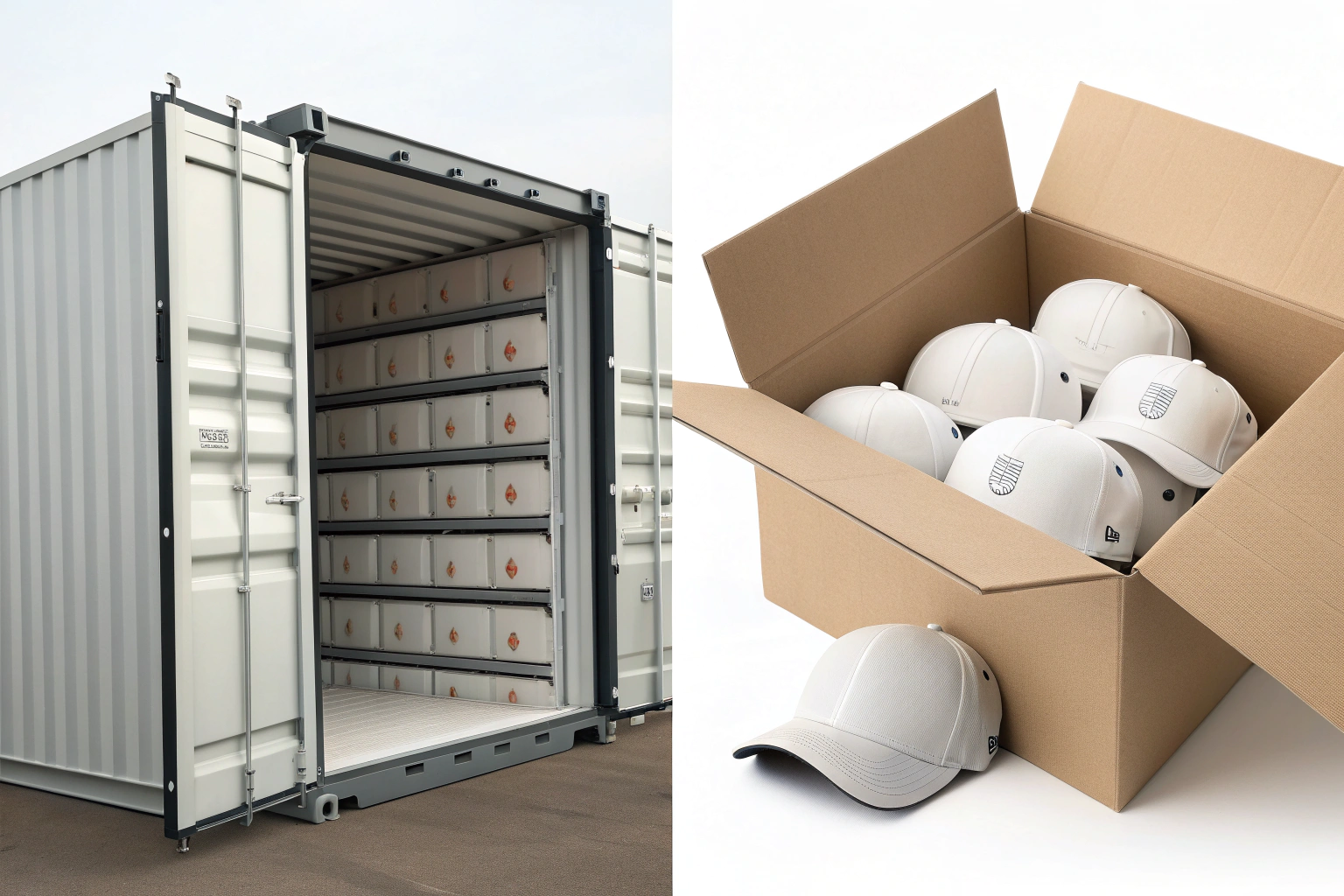Sourcing for department stores is a different game. These buyers demand more than low prices—they want consistency, brand alignment, merchandising support, and strict compliance. Whether you’re dealing with national chains or luxury retailers, your accessories must check more boxes than ever.
To succeed, manufacturers must meet retail-grade standards in product development, packaging, compliance, and fulfillment.
At AceAccessory, we’ve partnered with major U.S. and European department stores for over 10 years. Here’s how we help clients like Ron overcome sourcing challenges and deliver shelf-ready accessories that sell.
What Product Requirements Do Department Stores Prioritize?
Department stores are highly selective. You can’t just offer a “trendy” piece—it needs retail depth.
Buyers look for on-trend designs, seasonal compatibility, consistent sizing, quality finishing, and strong packaging presence.

What Trends Matter Most to Department Store Buyers?
Buyers don’t just follow fashion—they follow sell-through data. We tailor accessory lines to align with seasonal trends from WGSN or Trendalytics.
For example, in Spring 2025, textured belt buckles and crochet-style hair clips were forecasted as must-haves. We delivered swatch books and matching prototypes to help buyers visualize capsule launches early.
Customization is key—especially color palette matching for department-specific labels. We support PMS-matched dyeing and seasonal trend briefs.
Do Quality Standards Differ from Other Retailers?
Yes. Department stores usually require:
- Reinforced stitching and edge painting
- Colorfastness and washability tests
- Barcode-ready tags and security loops
- Flammability and material safety testing
Our factory conducts internal tests using protocols from SGS or BV to meet U.S. CPSIA or EU REACH guidelines. Samples must pass before being approved.
How Important Is Packaging and Merchandising Compliance?
Retail shelves are visual battlefields—your packaging must speak for itself.
Department stores require standardized, branded, and tamper-proof packaging that reflects price points and supports retail handling.

What’s Required in Retail-Ready Packaging?
Typical requirements include:
- Custom printed hangtags with price + barcode
- Plastic safety loops or hangers
- Inner boxes sorted by SKU and labeled with shelf info
- Carton labels matching store DC templates
We design packaging per client specs and conduct drop-tests following ISTA 3A standards. We’ve supported department stores like Macy’s and Debenhams with tailored labeling.
Our packaging lines print in multiple languages to meet global retailer needs.
Do Department Stores Require EDI Integration?
Yes. Most chains require Electronic Data Interchange (EDI) for POs, invoices, and shipping labels. We support clients by using third-party services like TrueCommerce or SPS Commerce.
If the client prefers, we provide UPC-ready master cartons and generate shipment summaries in advance to speed up receiving.
What Certifications and Testing Are Expected?
Failing compliance doesn’t just cost time—it can cost shelf space.
Major retailers require supplier compliance with product safety standards, factory audits, and certification documentation.

What Safety and Content Certifications Are Common?
Depending on destination, we prepare:
- CPSIA Certificates for kids’ gloves and hats
- Prop 65 compliance for California-bound items
- REACH Declarations for PU belts and coatings
- Material tests for nickel, lead, phthalates
We work with labs like TÜV Rheinland and provide lab reports on request. We also assist clients in preparing technical files and DoC (Declaration of Conformity).
Are Social and Factory Audits Required?
Yes. Most department stores need BSCI, Sedex, or WRAP audits. We maintain updated certifications and pass annual inspections.
When we began working with a major German retailer, we passed their 130-point audit covering:
- Worker safety
- Wage transparency
- Overtime policies
- Fire drill records
All documentation is stored in our client access portal and updated quarterly.
How Does Logistics for Department Stores Differ?
Logistics for department stores is stricter than e-commerce.
Orders must meet delivery windows, box labelling must match retailer portals, and all cartons must be QC-verified to avoid chargebacks.
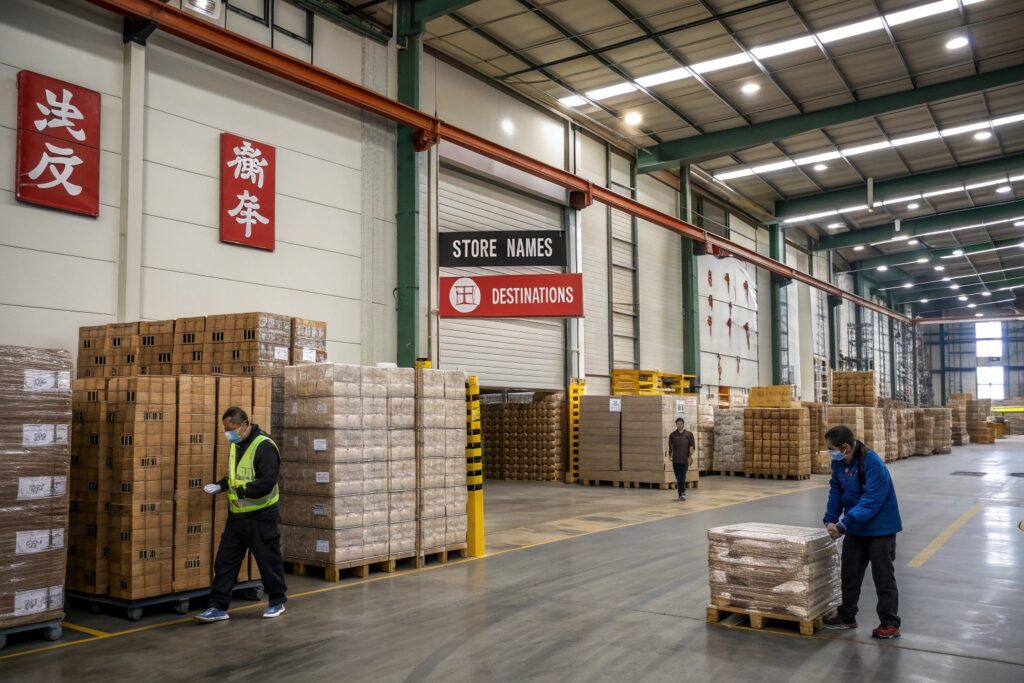
Do Buyers Require Cross-Dock or Direct-to-Store Delivery?
Yes. Some retailers request:
- Cross-dock to a central warehouse
- Split-by-store packing
- Direct-to-store labeling with unique store codes
We support both FCA and DDP Incoterms, and partner with freight forwarders like Geodis and Maersk for carton-level visibility.
Each box is scanned and uploaded to our system with weight, dimensions, and photo confirmation before pickup.
How Do You Avoid Chargebacks or Rejections?
We follow each retailer’s Routing Guide and train our packaging team on:
- Box size restrictions
- Barcode label placement
- ASN (Advanced Shipping Notification) alignment
We also use Loftware NiceLabel to generate store-compliant shipping labels, reducing errors and extra fees.
Conclusion
Department store sourcing is detail-heavy but high reward. To meet these expectations, you need more than a supplier—you need a factory with production maturity, quality systems, retail packaging experience, and strict logistics control.
At AceAccessory, we’ve delivered over 1 million pieces to department stores in the U.S., U.K., and Germany. From seasonal product lines to replenishment reorders, we help clients move fast and deliver with precision. Let’s bring your brand to the shelf—on time, on spec, and retail-ready.

